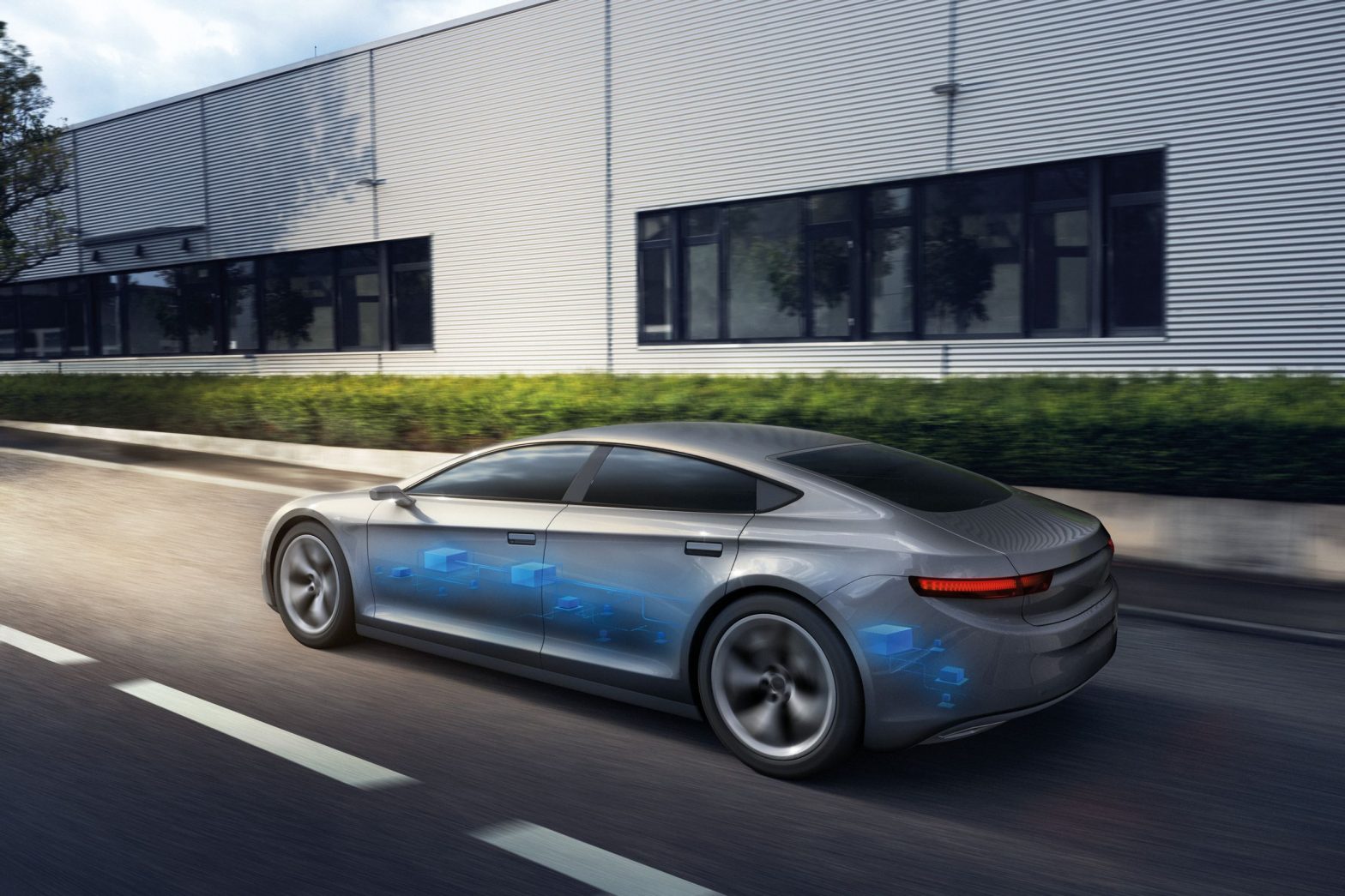/
The companies hope that by adding automated EV charging, they can put a new spin on an old concept.
Share this story
:format(webp)/cdn.vox-cdn.com/uploads/chorus_asset/file/25205403/header_e_e_architektur.jpg)
Automated parking isn’t anything new. Every year, we get a new concept that purports to put valets out of jobs by using driverless technology to transport and store your car without human intervention.
But Cariad, the software company owned by Volkswagen, and supplier Bosch are hoping to reinvigorate the idea by adding automated electric vehicle charging to the mix.
The two German companies envision a system that “guides electric vehicles driverlessly to an unoccupied parking space furnished with a charge spot, where a charging robot recharges them automatically.” Once charging is complete, the car would autonomously move itself to another unoccupied space, freeing up the charging robot to accept another EV.
Bosch and Cariad are now testing the technology in two parking garages in Germany: Cariad’s staff parking garage in Ingolstadt and Bosch’s development parking garage in Ludwigsburg.
Bosch has been working on automated parking for years. Cariad is VW’s in-house software provider that has run into some hurdles lately, including layoffs, cost reductions, and restructuring.
Both companies have tested similar features in the past. Bosch has previously worked with Mercedes-Benz on creating a whole parking garage in Germany fitted with an autonomous system that helps guide cars to and from available parking spaces. Likewise, VW has been toying with the idea of robot EV charging under a number of guises since at least 2019. A spokesperson confirmed that the technology included in today’s announcements is not based on Volkswagen’s previous prototypes.
Bosch says automated technology can address a number of problems with the EV charging experience today — namely, long lines at charge spots, blocking fees for disconnecting the power cable too late, and manhandling the cable.
“By addressing these challenges, automated valet charging greatly increases customer convenience when charging electric vehicles. What’s more, the technology offers a range of advantages for automakers, charge spot operators, parking garage operators, and energy suppliers,” the company says.
But there are likely to be a number of challenges, too, such as finding the right standard for communication between the vehicle and the charging robot and maintaining the robot’s uptime.
